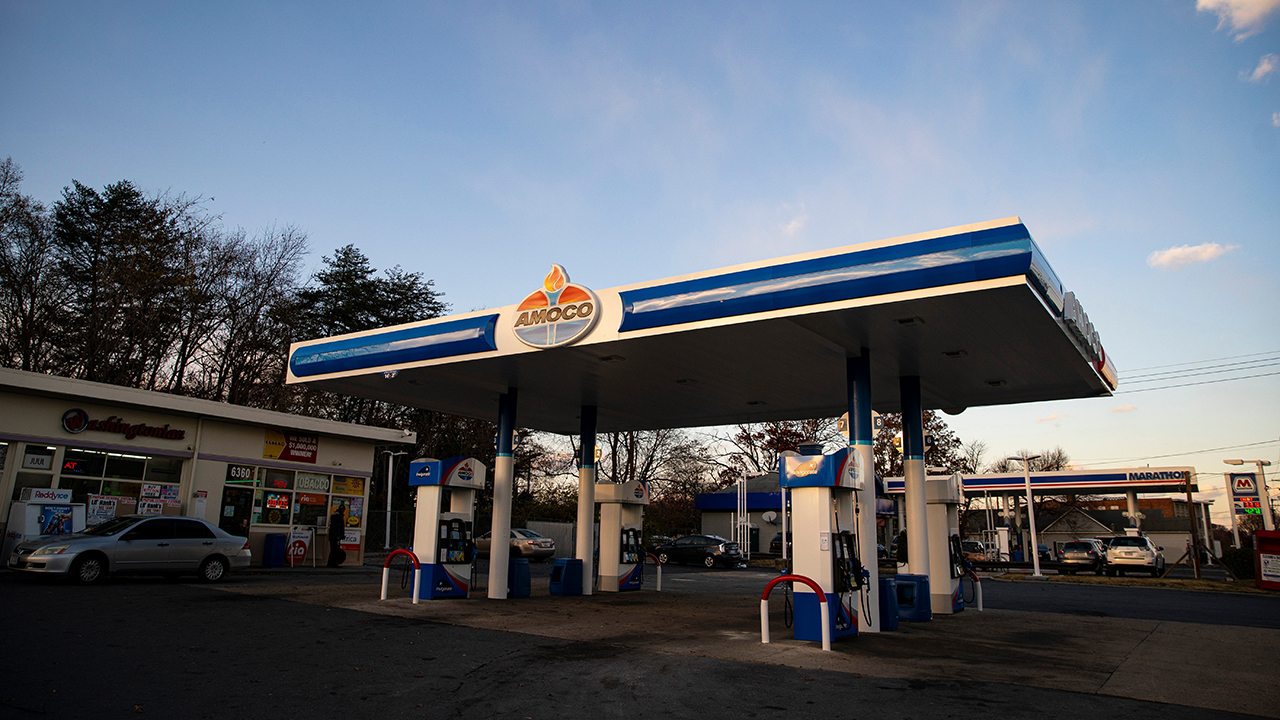
This adjustment is attributed to fluctuations in global crude oil markets and changes in domestic taxes. The committee's decision reflects ongoing volatility in the energy sector, influenced by geopolitical tensions and market dynamics. Crude oil prices have been erratic, driven by supply constraints and demand variations. These factors, combined with currency exchange rates, have pressured domestic fuel prices.
Economic analysts indicate that the increase in petrol prices could impact consumer spending, particularly in transportation and goods sectors. Businesses that rely heavily on fuel, such as logistics and public transport, are expected to face higher operational costs, which could lead to increased prices for services and goods.
Conversely, the reduction in diesel prices might offer some relief to sectors dependent on diesel fuel, such as agriculture and manufacturing. The lower diesel costs could help mitigate inflationary pressures in these industries, potentially easing the cost of goods and services.
The Fuel Price Follow-up Committee's decision aligns with its mandate to stabilize fuel prices amid fluctuating global markets. The committee periodically reviews and adjusts fuel prices based on market conditions and economic indicators to manage the impact on the economy and consumers.
The impact of these price changes will likely be felt across various sectors. Consumers are expected to see adjusted prices at the pump, while businesses will need to assess how these changes affect their operating costs. The price shifts may also influence broader economic trends, such as inflation and consumer spending patterns.
As the global oil market continues to experience volatility, the Fuel Price Follow-up Committee's role in navigating these changes will be crucial in balancing economic stability with consumer interests. The committee's ongoing monitoring and adjustments will be essential in managing the effects of fuel price fluctuations on the economy.
Topics
Live News
